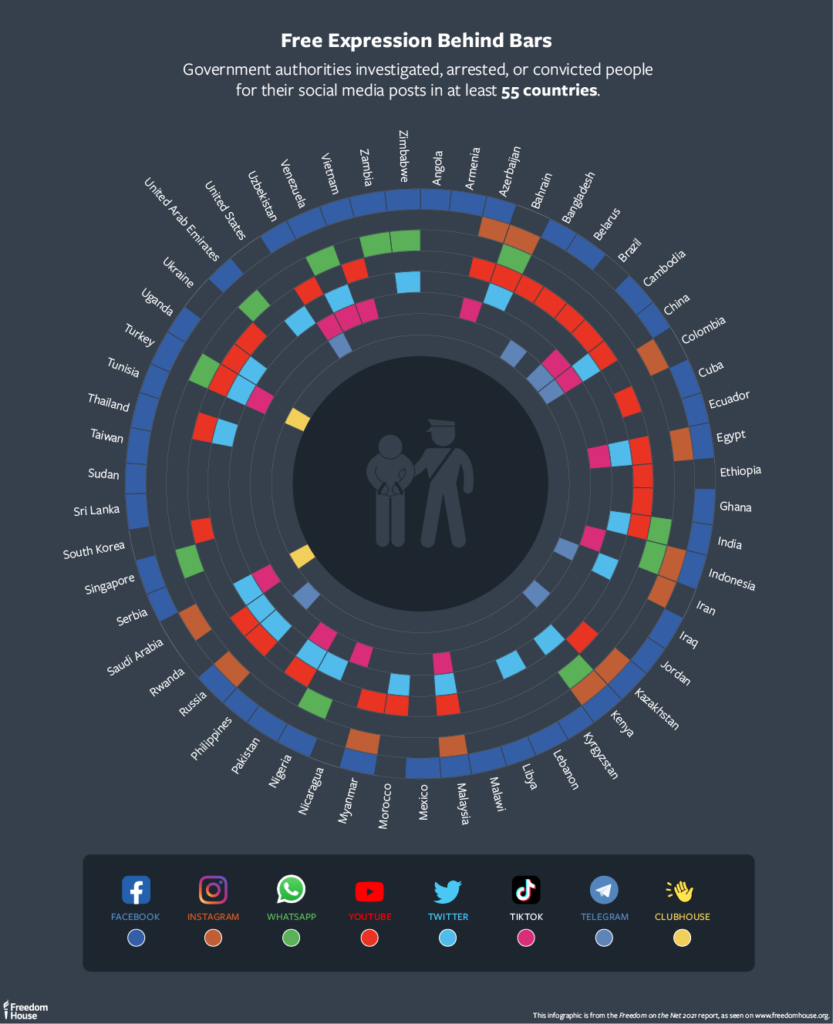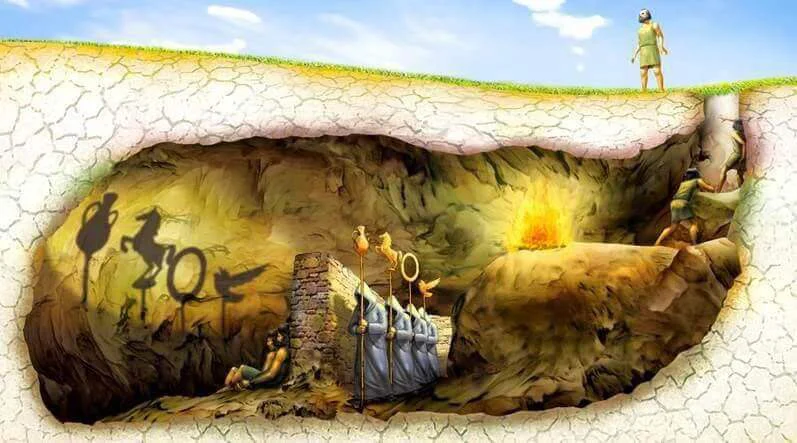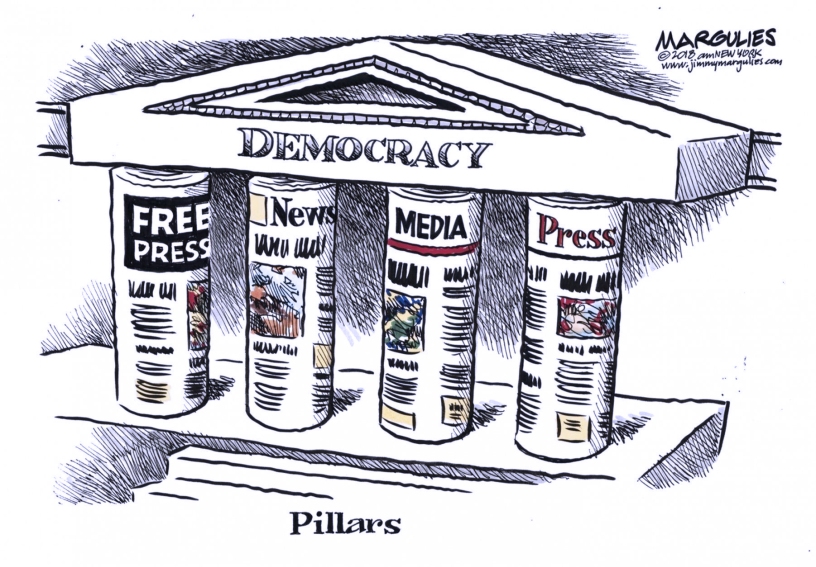By Stella Tsianta,
“I rejoice that horses and steers have to be broken before they can be made the slaves of men and that men themselves have some wild oats still left to sow before they become submissive members of society”. —Henry David Thoreau
If this quote of Henry David Thoreau holds a string of truth, then we are a broken population. Most of us are submissive to a fault. We do what we are told if the command comes from a politician, a bureaucrat, or a scientist. We have given away our freedom and, in a parallel manner, given permission to the rise of totalitarianism.
But is the current global phenomenon of social media as a new means of technology-style, a way of avoiding totalitarianism and enforcing democracy, or, in contradiction, a new way of individual and mass enslavement?
Historically, renovations as such, like Johannes Gutenberg’s creation of the printing press, or later the production of TV media and news, were important parts of the evolution of society and influenced cultures all over the world. They were one of the main reasons for changes in all aspects of life, including politics. They caused nothing less than a dramatic social and cultural revolution. The European Renaissance was sparked by the rapid widespread distribution of printed materials such as books, pamphlets, posters, and papers. What are politics, if not culture? And if there occurs such a drastic change in culture, will there not be a change in politics?

It is a known fact that social media have created a world, in which even ordinary people can express their opinion to a vast audience at little or no cost. All individuals can share their ideas freely, influencing the political structure of the society with the global and free flow of information. Quoting Andrey Miroshnichenko: “What we are experiencing now is… the emancipation of authorship… the power of old authorities has always collapsed with their loss of control over information.” If we take a look at history again, this statement holds truthful facts. The invention of the printing press and the publication of books to the common public were on many occasions banned by the governments of the past in fear of losing their power over the uneducated people. Knowledge is power, as the saying goes.
At the same time, the emergence of social media has offered a very accessible and affordable platform for both foreign and domestic players to engage in harmful influence operations. Not to mention a marketing field of dreams for corporations. Inevitably, in some of the most influential democracies in the world, large segments of the population are no longer receiving unbiased news and information. Today, more than 3.8 billion people have Internet access, with more than 70% of them living in countries where people have been prosecuted for blogging about political, social, or religious problems. The “new battleground” for democracy has arisen as social media.
In the past, governments have traditionally used censorship and site-blocking technologies. Now, governments and media have used disinformation and propaganda to distort facts and shape opinions; they have even introduced problematic rules on removing users’ speech from Internet platforms. Not only that, but political leaders have also employed individuals to shape online opinions and — in general — have made decisions and voted laws based on the suppression of content that is critical for the world, rather than protecting users from harmful online material. A reality took form out of Plato’s allegory of the Cave.

This new era of social structures created by the excessive and daily use of social media, if used correctly, can keep the population informed and hold leaders accountable — a crucial sector for a strong and sustainable democracy as free and fair. If we remain too quiet as a society, those in power will learn to use this new technological paradigm, and instead of liberating us, these technologies will become an instrument of global technocratic dictatorship.
References
- Adrian Shahbaz, Allie Funk, The Global Drive to Control Big Tech, Freedom on the Net, 2019, freedomhouse.org, Available here
- Social media is a threat to freedom and democracy, human rights group warns, diginomica.com, Available here
- Media Freedom: A Downward Spiral, freedomhouse.org, Available here




